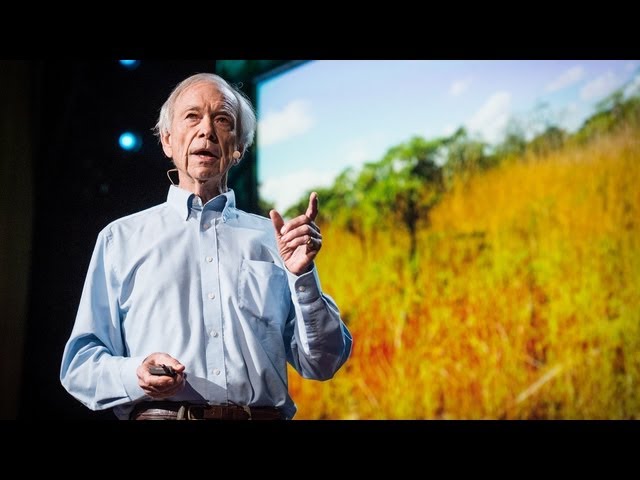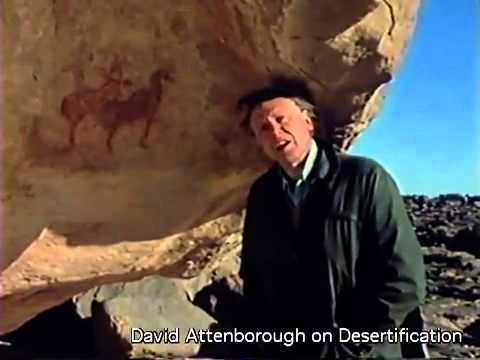Elementos encuadernados
-
Insignias publicadas con éxito. El elemento será visible ahora en tu linea de actividad.
-
Insignias publicadas con éxito. El elemento será visible ahora en tu linea de actividad.
-
Insignias publicadas con éxito. El elemento será visible ahora en tu linea de actividad.
-
Insignias publicadas con éxito. El elemento será visible ahora en tu linea de actividad.
Actividades Recientes
-
La publicación esta bajo moderaciónInsignias publicadas con éxito. El elemento será visible ahora en tu linea de actividad.
-
La publicación esta bajo moderaciónInsignias publicadas con éxito. El elemento será visible ahora en tu linea de actividad.
-
La publicación esta bajo moderaciónInsignias publicadas con éxito. El elemento será visible ahora en tu linea de actividad.
-
La publicación esta bajo moderaciónInsignias publicadas con éxito. El elemento será visible ahora en tu linea de actividad.
-
Insignias publicadas con éxito. El elemento será visible ahora en tu linea de actividad.
-
Insignias publicadas con éxito. El elemento será visible ahora en tu linea de actividad.
-
Insignias publicadas con éxito. El elemento será visible ahora en tu linea de actividad.
-
Insignias publicadas con éxito. El elemento será visible ahora en tu linea de actividad.
-
Insignias publicadas con éxito. El elemento será visible ahora en tu linea de actividad.
-
Insignias publicadas con éxito. El elemento será visible ahora en tu linea de actividad.
No hay noticias por el momento





